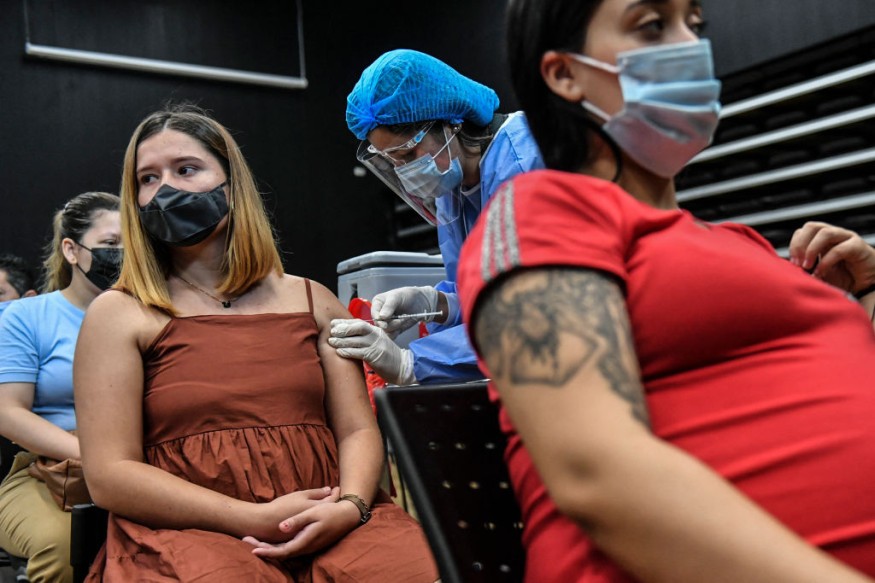A medical study from the Boston University School of Public Health suggests that the vaccines against COVID-19 do not affect a person's fertility in any aspect. The study results are contrary to the common knowledge that has surfaced amidst the pandemic and due to the irrelevant scares over the available treatments for SARS-CoV-2.
The research found concrete evidence that the vaccines administered globally do not induce infertility. The authors stated in their examination there are no factors that could provide infertility to either partner.
Fertility Concerns Among Couples Trying to Conceive

The study between infertility and COVID-19 was conducted to provide substantial evidence to couples trying to conceive during the pandemic and give awareness to the greater population that has already received doses of their vaccines.
The experts from Boston University said that there is no association between the vaccine treatments and the probability of conception per menstrual cycle called fecundability. The results apply to both men and women partners who could get vaccines distributed by pharmaceutical companies such as Moderna, Pfizer-NioNTech, and Johnson & Johnson.
However, there is a slight potential that COVID-19 infection could temporarily reduce fertility among the male population. This side effect could still be avoided after getting a vaccination from either of the variants provided to the public.
BUSPH Department of Epidemiology expert and lead author of the study Amelia Wesselink said in a EurekAlert report that more and more people under the reproductive-age group are concerned over their fertility rates while being unvaccinated.
COVID-19 Vaccines Unrelated to Infertility; Chances of Being Pregnant Same Regardless If Vaccinated or Not
The expert said that for the first time, their study found that fertility is not related to the fertility of couples who are attempting to conceive a child through intercourse. The chances of being pregnant are very similar regardless of whether a person is vaccinated or not.
The records utilized for the study were collected with the help of participants that joined the Pregnancy Study Online (PRESTO), a branch that is led by Boston University and funded by the National Institutes of Health (NIH). The project enrolls women trying to bear a child, with each of them monitored from preconception to six months after giving birth.
The participants of the study included over 2,100 women in Canada and the United States. Each of the subjects was required to provide their medical conditions, lifestyle, sociodemographics, and their partner's characteristics. The data was gathered from December 2020 to September 2021, with a follow-up on November 2021.
The fecundability of the participants was calculated based on the self-reported menstrual information of the participants, including the usual timescale of the menstruation, last menstrual period, and pregnancy status. According to the experts, the fertility rates of the female subjects who received at least one dose of vaccines are closely similar to the unvaccinated participants.
Fecundability was also similar for male partners who had been administered with at least one dose of the COVID-19 vaccine. The vaccine doses, infertility history, geographic region, brand of vaccine, and even occupation were found with no effect between vaccinations and fertility. The study was published in the American Journal of Epidemiology, titled "A prospective cohort study of COVID-19 vaccination, SARS-CoV-2 infection, and fertility."
Check out more news and information on COVID-19 in Science Times.
© 2026 ScienceTimes.com All rights reserved. Do not reproduce without permission. The window to the world of Science Times.











